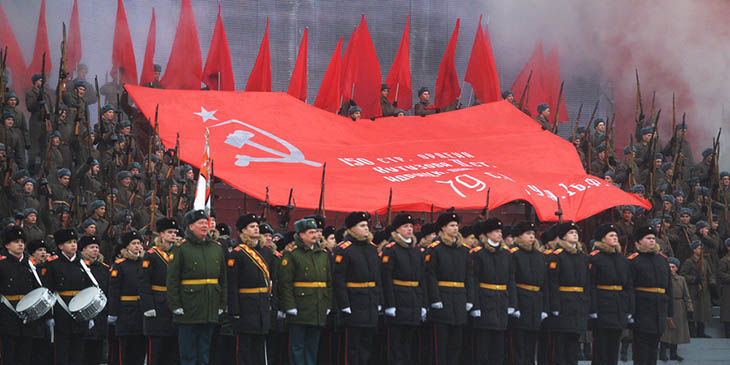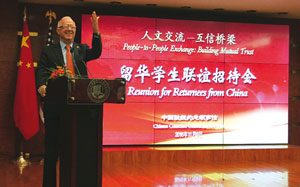Abe's blame game reveals his policies failing to get results
At the G7 summit held in Japan last month, Abe presented a four-page document to explain how the current global economy "resembles" the situation prior to the 2008 global financial crisis as a warning that the world economy faces a fresh crisis. And he repeatedly used the term "crisis" in his post-summit press conference.
Abe's counterparts from the other six industrialized countries, however, did not buy his analogy and fiscal measures. French President Francois Hollande denied that the world economy was facing a crisis, and British Prime Minister David Cameron reportedly made rather optimistic remarks about the global economy.
The Asahi Shimbun said Abe's second postponement of the tax hike raises doubts not only about the credibility of his words but also the Japanese government's commitment to repair its tattered fiscal condition.
But the Nikkei Shimbun was willing to help Abe excuse the delay.
The business daily claimed that pressure is building on Japan to revalue its currency as it is "encircled" by the "ABCD" countries, namely America, Britain, China and Germany (Deutschland).
And the newspaper cited the expectations of the US Federal Reserve raising interest rates very slowly and the possible exit of the United Kingdom from the European Union as sources of uncertainty for the Japanese currency.
The Nikkei Shimbun concluded that Japan's stock market and real economy may "run in the teeth of the wind", thanks to the pressure from the "ABCD" on Japanese currency's appreciation.
Japan's Chief Cabinet Secretary Yoshihide Suga has said the Bank of Japan and the Japanese government are closely watching the currency markets and the government is prepared to take appropriate steps as needed.
In the face of these headwinds, during his visit to Europe ahead of the G7 summit, Abe urged greater use of spending to stimulate economic growth, and his administration has adopted the world's biggest stimulus package.
But the Japan Times said what the prime minister needs to do is not insist that his policies have been working as intended-and lay the blame somewhere else-but rather make an honest assessment of what has been lacking in his administration's economic management.
The author is China Daily Tokyo bureau chief. caihong@chinadaily.com.cn






















